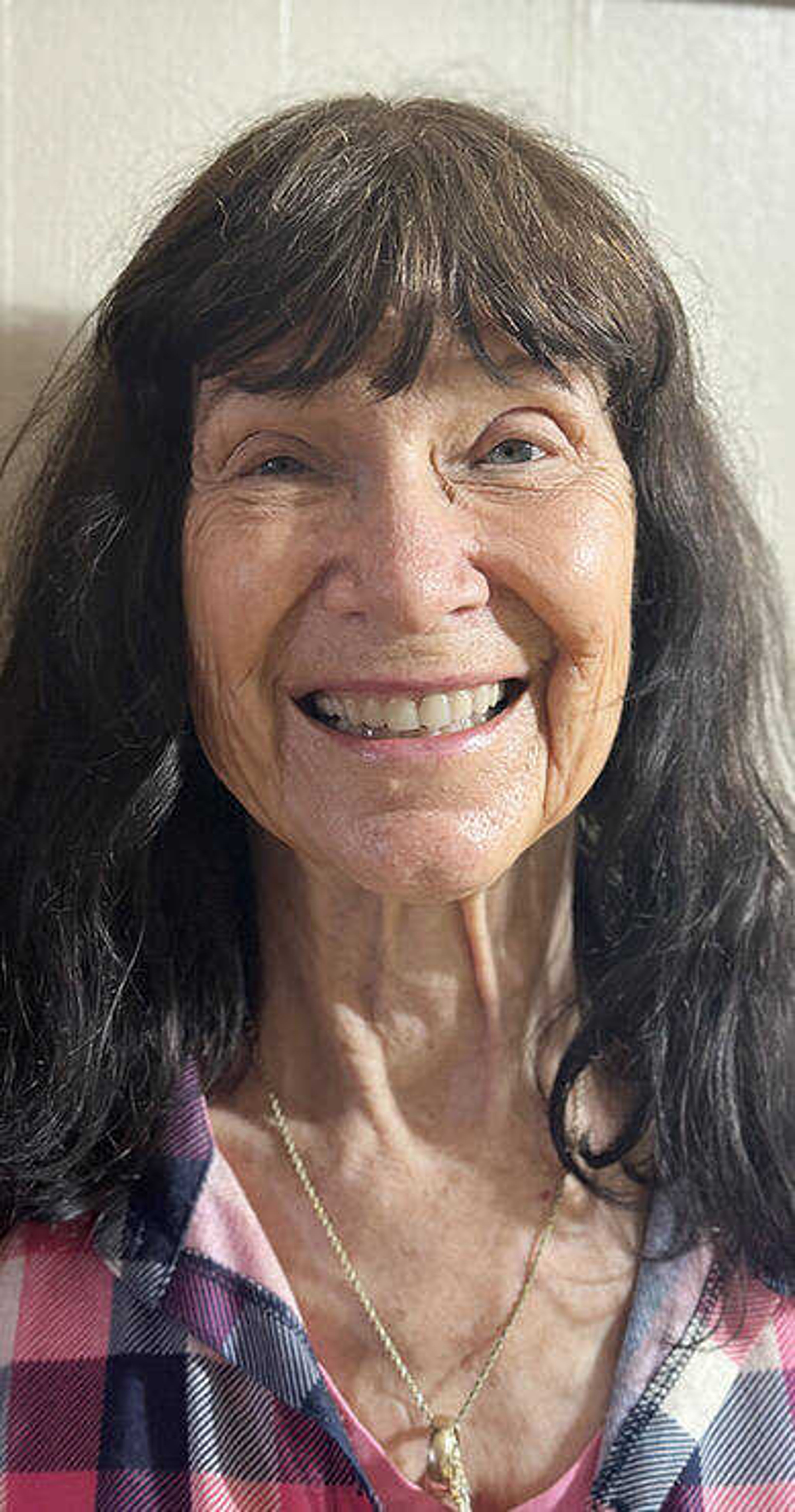Let no one steal your joy in doing good
Whether people appreciate what you do for them, or not, no-one can steal your joy in doing it. As I read a text message from a woman very close to me, recently, I could tell that she was despondent and, definitely exasperated. "I am going to quit doing anything for them, "she said. ...
Whether people appreciate what you do for them, or not, no-one can steal your joy in doing it. As I read a text message from a woman very close to me, recently, I could tell that she was despondent and, definitely exasperated. "I am going to quit doing anything for them, "she said. "I never receive a word of thanks or appreciation for my help. "Ruby was talking about particular family members that were very needy and constantly wanting her assistance. The contradictory part was that Ruby enjoyed doing what she could for them. However Ruby felt that she was undervalued, and wasn't receiving the credit that was due her. As Ruby catered to her anger, she fumed and spitefully went in the opposite direction and withheld any assistance -- all because she felt unappreciated.
Everyone has felt used and unrewarded at one time or another. As I read Ruby's message, it seemed to resonate within my thoughts about why we do what we do. I ask myself if we perform acts of kindness, sometimes, to gain compliments, approval, attention, or love. Do we ever step back and try to figure out why we are helping others. We usually believe that it's purely from the charity of our hearts, and hopefully that is the reason, but we seldom ask why? I re-adjusted my views on helping others and creatures, when a few years ago, I focused on a passage in the Christian Bible. As I read about the life of Jesus, I gained a new perspective on expecting thanks and a show of acknowledgement when I performed a kindness, particularly if it were a substantial one, "But I say to you that hear, Love your enemies, do good to them that hate you, bless them that curse you, pray for them that despitefully use you" (Luke, 27-28). I refer to the Scripture, often. Another example of whether or not we ought to expect a show of appreciation, was when Jesus healed ten lepers, yet He received thanks from only one leper among those He healed. However, He noticed the lack of a show of respect for God, and He expressed his disapproval of the ingratitude of the other nine. Nevertheless, He did not respond in anger. Instead, I would think that he rejoiced at seeing the happiness and jubilation of all ten, and their having validated their faith by presenting themselves to the priests, as Jesus had bid them to do (Luke17:11-19).
So, why do people like to, or choose to, engage in acts of kindness? Most religions promote the teaching of doing good as a main part of their beliefs. Regardless of whether we receive appreciation in the form of thanks, praise, or another way of extended gratitude, it shouldn't really matter to us. To help to fulfill a need, or someone's important desire, can be is a joy for us, so don't let anyone or anything steal it from you. If we wait for appreciation for the deeds we perform, we may be waiting for a time that will never arrive. Instead, we need to offer our knowledge, material goods, compassionate listening, or psychical help, to others. The pleasure that we feel when we're helping, can put a smile on our faces and joy in our heart, simply by being there for somebody or a cause. Whether we hear words of thanks, or nothing, from those to whom we respond, we receive the most valuable reward of all--the joy we feel. We can never experience rejection, feelings of undervalue, or being unappreciated if we assume the right attitude towards the good we do.
"Suppose a brother or a sister is without clothes and daily food. If one of you says to them, 'Go in peace; keep warm and well fed,' but does nothing about their physical needs, what good is it? If faith is not accompanied by action it is dead" (James: 14-17). This can include those within our own family, those at our church home or a person living on the streets. When we extend our love the pleasure and joy we feel is something unexplainable, hidden, mysterious and beautiful.
Connect with the Southeast Missourian Newsroom:
For corrections to this story or other insights for the editor, click here. To submit a letter to the editor, click here. To learn about the Southeast Missourian’s AI Policy, click here.










